In today’s fast-paced world, prioritizing mental health can sometimes fall to the bottom of our to-do list. However, taking active steps to maintain your emotional well-being is just as important as looking after your physical health. At Pioneer Behavioral Health, we believe that mental health care should be accessible, supportive, and tailored to each individual’s needs. Whether you’re exploring therapy for the first time or simply need a reminder to practice self-care, these tips can help you on your journey toward better mental health.
1. Practice Mindfulness and Meditation
Why it helps:
Mindfulness and meditation encourage you to focus on the present moment without judgment. This can help reduce stress, increase self-awareness, and improve emotional regulation.
How to get started:
- Allocate five to ten minutes each day to sit quietly and focus on your breath.
- Use guided meditation apps like Headspace or Calm if you’re new to mindfulness.
- Gradually increase the time as you get more comfortable.
2. Stay Physically Active
Why it helps:
Regular exercise isn’t just good for your body—it’s also a powerful tool for your mind. Physical activity releases endorphins, often referred to as “feel-good” hormones, which can naturally improve your mood.
Ways to incorporate movement:
- Try a short walk each morning or evening to clear your head.
- Explore different exercise routines, such as yoga, biking, or dancing, to find one you enjoy.
- Even 10-15 minutes of stretching can provide noticeable benefits.
3. Build a Strong Support Network
Why it helps:
Having supportive friends, family members, or peers can provide emotional backing and reduce feelings of isolation. Sharing your challenges and victories can help normalize the ups and downs of life.
What you can do:
- Stay in touch with close friends and family.
- Join community groups, clubs, or online forums that focus on your interests.
- Consider group therapy or support groups through Pioneer Behavioral Health or other local providers.
4. Set Realistic Goals and Boundaries
Why it helps:
Setting achievable goals boosts self-esteem and reduces the risk of burnout. Meanwhile, establishing healthy boundaries ensures you protect your time and energy.
How to approach it:
- Break larger goals into smaller tasks that feel manageable.
- Prioritize tasks based on importance and urgency.
- Be clear about your limits—whether it’s at work, home, or with friends—and communicate them kindly but firmly.
5. Practice Gratitude
Why it helps:
Recognizing the positive aspects of your life shifts your perspective from what’s lacking to what you already have. This can significantly impact your mood and overall outlook.
Tips to stay thankful:
- Keep a gratitude journal where you jot down three things you’re grateful for each day.
- Send a heartfelt message to someone you appreciate.
- Reflect on lessons learned from challenging experiences.
6. Limit Screen Time
Why it helps:
Excessive use of smartphones, laptops, and social media can heighten stress, interrupt sleep, and contribute to anxiety or depression.
Strategies to cut down:
- Set specific time limits on social media apps.
- Avoid digital devices at least 30 minutes before bedtime.
- Try to engage in offline hobbies—reading, crafting, or gardening—to help your mind unwind.
7. Seek Professional Support
Why it’s essential:
Sometimes, mental health struggles require professional guidance. A therapist or counselor provides a judgment-free zone for you to work through your thoughts, emotions, and challenges.
Where to look:
- Consult with licensed professionals at Pioneer Behavioral Health to discuss individualized treatment options.
- Explore telehealth therapy services through platforms like BetterHelp if in-person sessions are difficult.
- Use trusted resources like the National Institute of Mental Health to learn more about different mental health conditions.
Additional Resources
- Emergency Hotline (United States): If you or someone you know is in crisis, call or text 988 to connect to the Suicide and Crisis Lifeline.
- MentalHealth.gov: A federal government website offering education on mental health issues, including how to get help.
Get Mental Health Support Today at Pioneer Behavioral Health
Your mental health journey is personal, and there’s no one-size-fits-all approach. Whether it’s practicing daily mindfulness, prioritizing physical activity, or reaching out to a licensed therapist, remember that seeking help is a sign of strength—not weakness. At Pioneer Behavioral Health, our dedicated team is here to walk alongside you every step of the way.
Disclaimer: The information in this blog is for educational purposes and should not be considered a substitute for professional advice, diagnosis, or treatment. Always seek the guidance of a licensed mental health professional with any questions you may have regarding your condition.
We hope these tips offer a starting point for nurturing better mental well-being. If you’d like more personalized guidance, please contact Pioneer Behavioral Health and let our expert counselors help you navigate the journey to a healthier, happier life.


